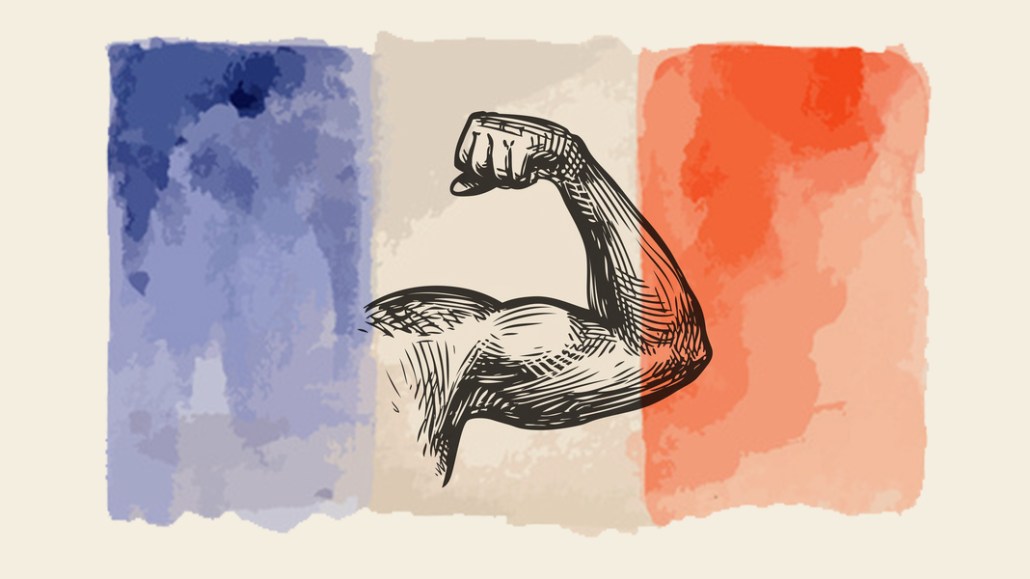French media is in talks about collaborating on a unified login system

Concerns about the looming ePrivacy Regulation, not to mention fear of the duopoly, are prompting European publishers to collaborate on joint consumer login systems. So far, Germany and Portugal have led the charge. Now, it looks like France could join the fray.
Leading national newspapers Le Monde, Le Figaro and Le Parisien are among the publishers discussing the potential for implementing a common single login across their sites, through which users can be automatically authenticated each time they visit one of the publishers’ sites.
The talks aren’t limited to newspaper publishers. Radio and TV broadcasters are also involved, as are pure-play digital publishers, according to Laure de Lataillade, executive director of France’s online publishing trade body Geste.
Nothing has been decided yet, but French media companies want to explore whether building a common login system is a feasible way to simplify gaining consumer consent for cookie use. They’re examining the German single-login system Verimi and Portugal’s equivalent Nonio to see if they can be replicated in the French market.
The idea is to pool resources to create an independent, common technology infrastructure that all publishers and other media owners can plug into. A consumer would then upload their email and password, which would automatically log them in to any site that’s part of the partnership. Any other personal data such as social, demographic or location data wouldn’t be collected or shared between the publisher partners, according to de Lataillade. In doing so, all media owners could ensure they have user consent.
Although the ePrivacy Regulation isn’t yet set in stone, European publishers and trade groups are lobbying hard against the current proposal, which, if passed, would block any business from being able to use cookies without explicit consumer consent. Should that happen, it would severely hamper publishers’ ability to make money from advertising.
“The media business model is threatened by the future ePrivacy Regulation,” said de Lataillade. “We have so far not found better than advertising to fund free information. The consequence could therefore be the end of free content, which means that a very large part of the population would no longer have access to information.”
More in Media

In Graphic Detail: The scale of the challenge facing publishers, politicians eager to damage Google’s adland dominance
Last year was a blowout ad revenue year for Google, despite challenges from several quarters.

Why Walmart is basically a tech company now
The retail giant joined the Nasdaq exchange, also home to technology companies like Amazon, in December.

The Athletic invests in live blogs, video to insulate sports coverage from AI scraping
As the Super Bowl and Winter Olympics collide, The Athletic is leaning into live blogs and video to keeps fans locked in, and AI bots at bay.







